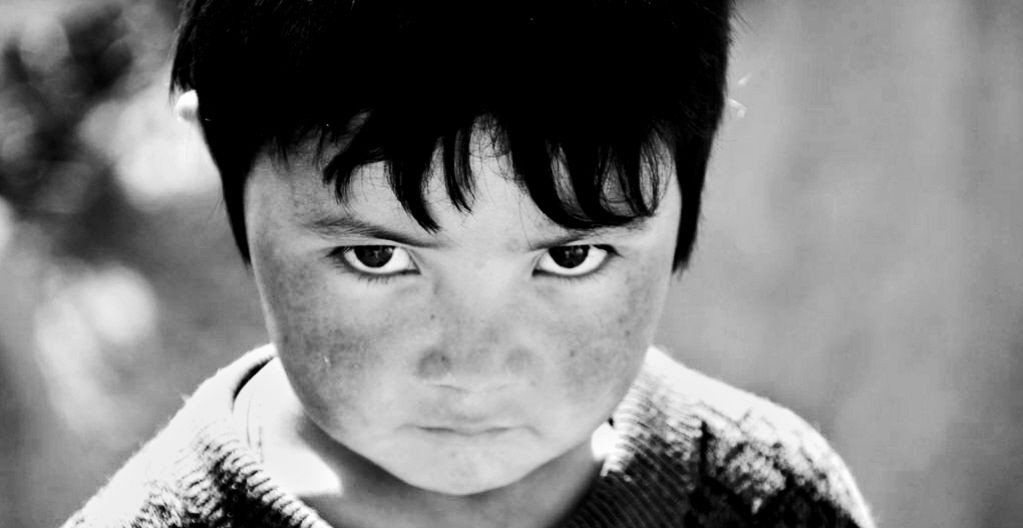A study says teens who are always overpowered by parents are often seen facing problem in their adulthood.
According to the lead author, Barbara Oudekerk, a psychologist at the University of Virginia in Charlottesville:
To maintain healthy relationships, it is important to be able to assert one’s own beliefs during a disagreement while also continuing to be warm toward the person,”
Explaining further, teens who find it hard to express and affirm their opinions during a disagreement with controlling parents are at a risk of using hostile methods in their own relationship. Because, each experience with parents do seem to be transferred into future friendships, and this could bring about depression.
According to Reuters’ report, 184 teens were interviewed at age 13 and again at age 18, answering questions about how often their mother or father exerted psychological control, such as using guilt, withdrawing love, fostering anxiety or employing other manipulative techniques.
Some parents used psychological controls, for example, “If you really cared for me, you wouldn’t do things to worry me,” or by becoming distant when their teens didn’t see eye to eye with them.
Researchers also assessed the teens’ ability to reason, to “be their own people” and to express confidence, as well as their ability to show warmth and connection at ages 13, 18 and 21, partly by recruiting and surveying the teens’ close friends.
Study authors watched the subjects and their friends or romantic partners have disagreements and discussions on tape and coded their interactions for confidence, warmth and collaborativeness. The study team reported their results in the journal Child Development.
In this study, we examined psychological control on a continuum, and found that the more psychological control parents exerted, the more difficulties teens had establishing a sense of independence and closeness during a disagreement with close friends and romantic partners, explains Oudekerk.
Overall, we found that the more psychological control youth experienced from parents, the less likely they were to express their own opinions, give reasons why they felt that way, and do so in a warm, collaborative way, she said. We are not able to tell, exactly, how much is ‘too much’ psychological control.
This study shows that disagreeing with parents or others can hurt the relationship, and instead it is better to just agree.
In general, psychological control is not a good way to parent, so it would be better if parents didn’t use psychological control at all, said Judith Smetana, an adolescent development researcher at the University of Rochester in New York who wasn’t involved in the study. There’s really no ‘good’ amount.”
“If you find yourself withdrawing love from your child when they misbehave or ignoring them for extended periods of time, this may be a warning sign that you’re being too psychologically controlling,” said Laura Walker at Brigham Young University in Provo, Utah.
I think children will also let parents know when they’re feeling controlled, so pay attention to your child’s cues, they’re not often subtle, said Walker, who also was not part of the new research.
Unfortunately, most parents who use psychological control regularly are not aware of it and may not desire to change,
Psychological control is very difficult for pediatricians or teachers to detect, Psychological control is more about the parent getting what he or she wants rather than about what is best for the child, so examine your goals, Walker said.
“One of the insidious things about psychological control is that it is so difficult to detect, even for the person being controlled, she said. That makes it harder to eradicate.
Read also: Surprising Research about Long Distance Relationship
Parental psychological control may directly cause teen social struggles, or there may be a more complicated explanation, she said.
It is very possible that children with a particular personality may be more likely to illicit psychological control from their parents, and those same traits may also make social interactions more difficult, Walker said.




I have thought this for many years. My parents loved me but were very controlling. I had a very hard time making decisions. I ran away to get married as soon as I could. Big mistake. I ran right to a very controlling husband. After 15 years I was clinically depressed. Left the marriage and got counseling. Finally learned to stand up for myself. Wow, freedom!
Life is wonderful now!
Dear, it’s nice to know you now found joy.